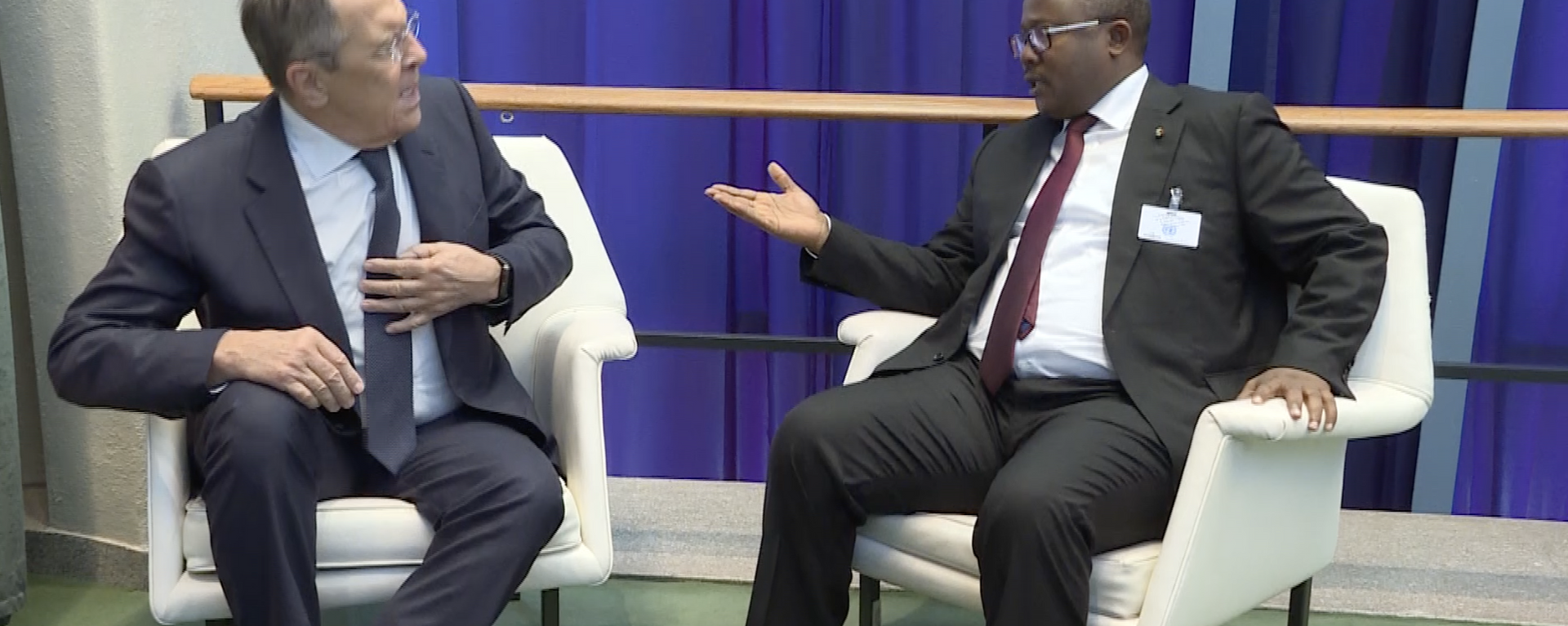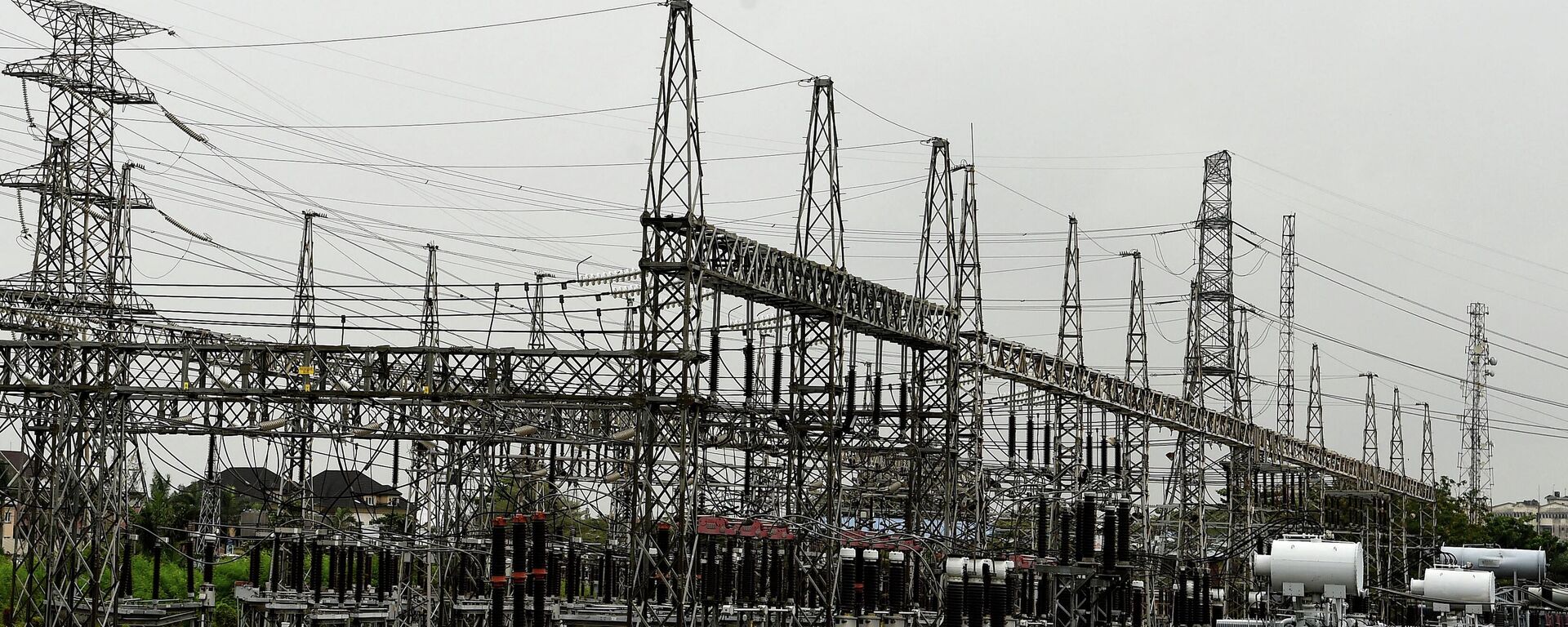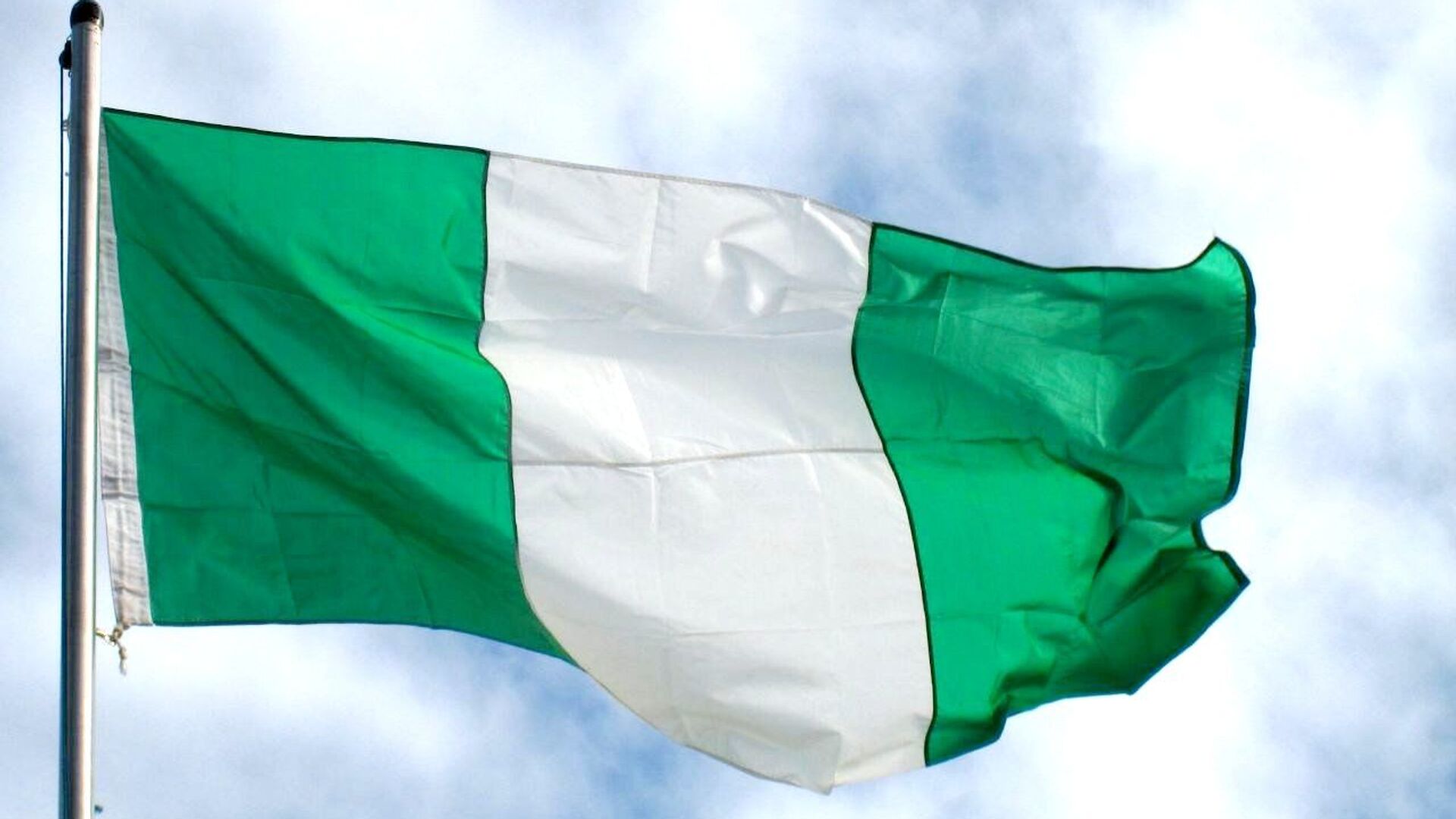https://sputnikglobe.com/20220927/presidential-campaign-season-set-to-begin-in-nigeria-on-wednesday-1101263779.html
Presidential Campaign Season Set to Begin in Nigeria on Wednesday
Presidential Campaign Season Set to Begin in Nigeria on Wednesday
Sputnik International
Nigeria returned to democracy after military rule on May 29, 1999, when the newly elected Olusegun Obasanjo took office as the president. May 29 was officially... 27.09.2022, Sputnik International
2022-09-27T14:23+0000
2022-09-27T14:23+0000
2024-03-11T10:58+0000
africa
nigeria
west africa
election
https://cdn1.img.sputnikglobe.com/img/07e5/05/15/1082960738_0:121:1280:841_1920x0_80_0_0_b9accacfedf8bba26c5ad973ddfeb0c4.jpg
Even thought presidential elections in Nigeria are about five months away, election season has already arrived, as eighteen candidates for the highest position in the country are to begin campaigning on Wednesday.Among those who are seen by local observers as the main contenders are:According to a poll by NOI Polls Limited issued on September 15, the majority of respondents, when asked whom they would vote for if the elections were held "today", chose the Labour Party candidate, Peter Obi.The elections are set to take place on February 25, 2023, the same day the country holds its House of Representatives and Senate elections.According to the existing rules, in order to win the election, a presidential candidate should not only get a majority, but is also required to receive at least 25 percent of the votes in at least two-thirds of the states.If none of the candidates passes this threshold, the second round is held between the two top candidates.Troubles with security in the country, as well as skyrocketing inflation and record low oil production are said to be the toughest problems that the new government will have to tackle.The Nigerian electoral process has never been easy due to frequent shooter and terrorist attacks, deliberate arson, the destruction of state property and disruptions of the electoral process, AFP reports.1,149 people, including both electoral staff and voters, along with police officers have been killed during Nigerian presidential elections in 2011, 2015 and 2019, according to Punch.Partly because of the insecurity of the electoral process, voter turnout in Nigeria tends to be low. For instance, only 33% of Nigerians took part in the latest presidential election, in 2019.
https://sputnikglobe.com/20220925/russia-and-nigeria-could-cooperate-in-stabilizing-global-energy-supply-says-nigerian-minister-1101215859.html
https://sputnikglobe.com/20220927/electricity-grid-collapse-causes-blackouts-in-nigeria-1101255644.html
africa
nigeria
west africa
Sputnik International
feedback@sputniknews.com
+74956456601
MIA „Rosiya Segodnya“
2022
News
en_EN
Sputnik International
feedback@sputniknews.com
+74956456601
MIA „Rosiya Segodnya“
Sputnik International
feedback@sputniknews.com
+74956456601
MIA „Rosiya Segodnya“
nigeria, west africa, election
nigeria, west africa, election
Presidential Campaign Season Set to Begin in Nigeria on Wednesday
14:23 GMT 27.09.2022 (Updated: 10:58 GMT 11.03.2024) Nigeria returned to democracy after military rule on May 29, 1999, when the newly elected Olusegun Obasanjo took office as the president. May 29 was officially 'democracy day' in the country until 2018. In 2023 this date will be the day of the presidential election winner’s inauguration.
Even thought
presidential elections in Nigeria are about five months away, election season has already arrived, as eighteen candidates for the highest position in the country are to begin campaigning on Wednesday.
Among those who are seen by local observers as the main contenders are:
Bola Tinubu, the candidate from the ruling party All Progressives Congress (APC), the former governor of Lagos
Atiku Abubakar, the candidate from the main opposition People’s Democratic Party (PDP), the former vice-president of Nigeria
Peter Obi, the candidate from the Labour Party (LP), the former governor of Anambra, a state in the southeast
Rabiu Kwankwaso, the New Nigeria Peoples Party (NNPP) leader, the former Governor of the northern state of Kano
According to a poll by NOI Polls Limited issued on September 15, the
majority of respondents, when asked whom they would vote for if the elections were held "today", chose the Labour Party candidate, Peter Obi.

25 September 2022, 21:16 GMT
The elections are set to take place on February 25, 2023, the same day the country holds its House of Representatives and Senate elections.
According to the existing rules, in order to
win the election, a presidential candidate should not only get a majority, but is also required to receive at least 25 percent of the votes in at least two-thirds of the states.
If none of the candidates passes this threshold, the second round is held between the two top candidates.
Troubles with security in the country, as well as skyrocketing inflation and record low oil production are said to be the toughest problems that the new government will have to tackle.

27 September 2022, 07:11 GMT
The Nigerian electoral process has never been easy due to frequent shooter and terrorist attacks, deliberate arson, the destruction of state property and disruptions of the electoral process, AFP reports.
1,149 people, including both electoral staff and voters, along with police officers have been killed during Nigerian presidential elections in 2011, 2015 and 2019, according to
Punch.
Partly because of the insecurity of the
electoral process, voter turnout in Nigeria tends to be low. For instance, only 33% of Nigerians took part in the latest presidential election, in 2019.







